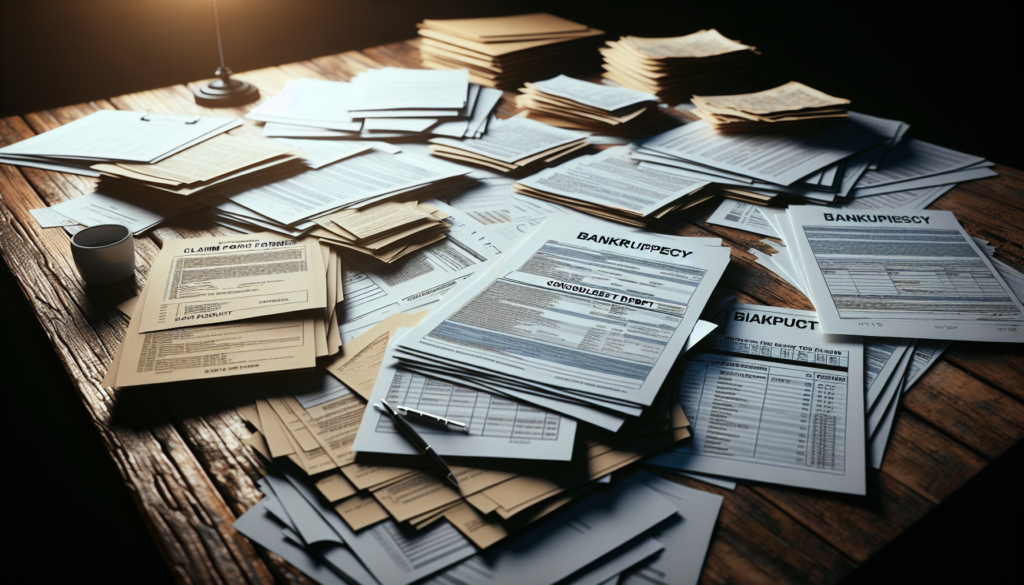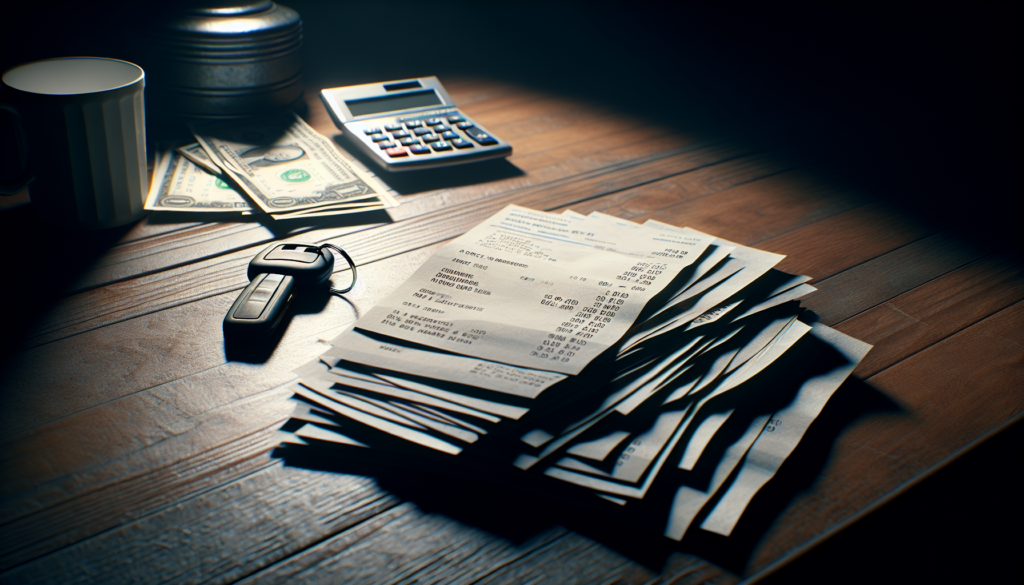
Filing for Chapter 7 bankruptcy offers a fresh start for those overwhelmed by debt, but it’s a complex legal process where mistakes can lead to significant consequences, including the loss of assets, denial of bankruptcy discharge, or even legal penalties. Here are seven common mistakes people make when filing for Chapter 7 bankruptcy:
1. Not Listing All Creditors:
Failing to list all creditors and debts is a critical mistake. Every debt, even those you intend to keep paying like car loans or mortgages, must be included in your bankruptcy filing. Omitting creditors can result in those debts not being discharged, and you could still be liable for them after the bankruptcy process is completed.
2. Incurring New Debt Before Filing:
Accumulating new debt shortly before filing for bankruptcy can be seen as fraudulent, especially if it appears you had no intention of repaying the borrowed amount. Such actions can lead to certain debts being excluded from the discharge or even lead to the dismissal of your bankruptcy case.
3. Improperly Transferring Assets:
Some individuals mistakenly believe they can protect assets from bankruptcy by transferring them to friends or family members before filing. However, this can be viewed as an attempt to hide assets and may lead to severe consequences, including the denial of your bankruptcy discharge or criminal charges.
4. Failing to Attend the Mandatory Credit Counseling:
Before you can file for Chapter 7 bankruptcy, you must complete a credit counseling course from an approved agency. Failing to do so can result in the dismissal of your case. Additionally, a debtor education course must be completed after filing to obtain a discharge.
5. Choosing the Wrong Type of Bankruptcy:
Some individuals might be better suited for Chapter 13 bankruptcy, which involves a repayment plan, rather than Chapter 7, which involves liquidation of assets. Choosing the wrong chapter can result in losing assets you might have kept in Chapter 13 or failing to qualify for Chapter 7 based on your income.
6. Not Exempting Assets Correctly:
Bankruptcy exemptions allow you to protect certain assets from being sold in the bankruptcy process. Failing to properly claim exemptions can result in the unnecessary loss of property. Understanding and applying these exemptions correctly is crucial to protect your assets.
7. Trying to Navigate the Process Alone:
While it’s possible to file for bankruptcy without an attorney (pro se), the process is complex and fraught with potential pitfalls. Many individuals make mistakes in filing the necessary paperwork, understanding exemptions, or following the legal procedures, which can have significant negative outcomes on their case.
Filing for Chapter 7 bankruptcy requires careful preparation and a thorough understanding of the legal process. Avoiding these common mistakes can help ensure a smoother process and a better outcome. Consulting with a bankruptcy attorney can provide valuable guidance, help you avoid pitfalls, and ensure that your rights and assets are protected throughout the bankruptcy process.


Get a Free Bankruptcy Case Evaluation